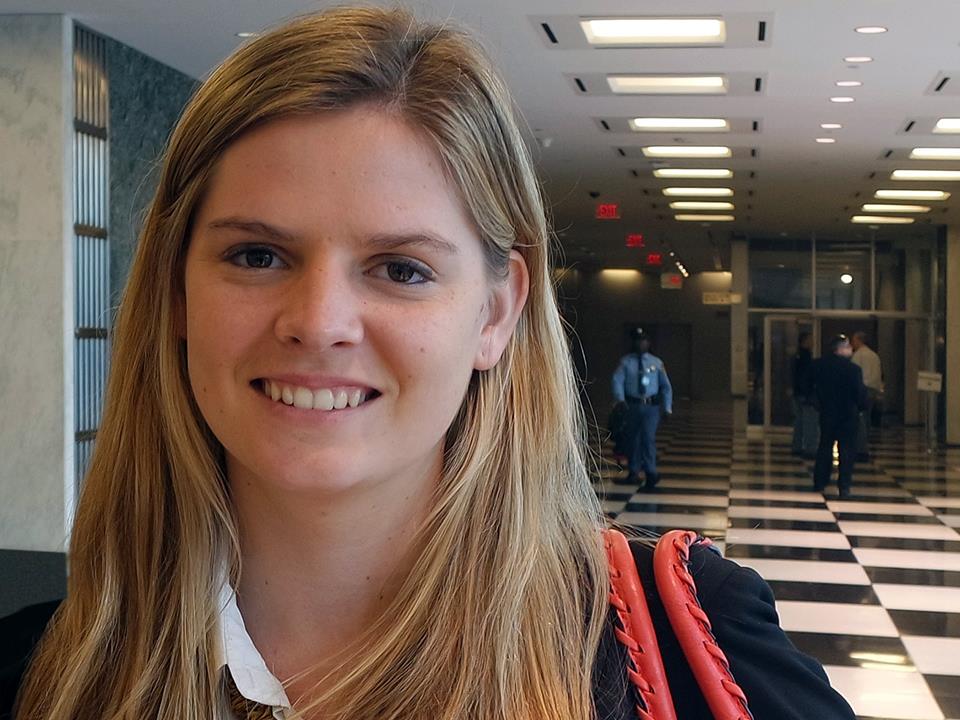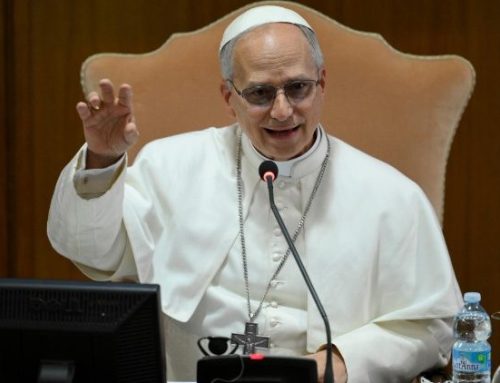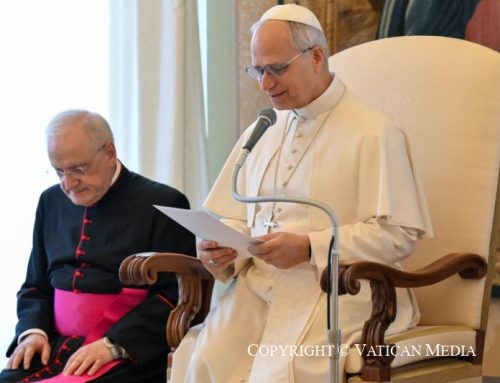Oral Statement
High-level Political Forum on Sustainable Development under the auspices of ECOSOC
New York, July 9th 2015
Mercedes Richards
Instituto Acton
Mr. President, Excellencies, Distinguished Delegates, Ladies and Gentlemen,
It has been a long forum. Different stakeholders, academics, officers and Civil Society representatives, had the chance to speak and show the importance of a global commitment.
We have already discussed how to improve youth participation, poverty eradication, access to services for all and many other issues, as well as the relevance of smart partnerships with every actor, considering the economic, environmental and political impact. This is a great step forward.
Never less, our organization wants to add another fundamental agent for sustainable development: the family.
Both the ECOSOC and the General Assembly have repeatedly recognized in different resolutions that, “as basic and essential building blocks of societies, families have a crucial role in social development, bear the primary responsibility for the nurturing, protection, education and socialization of children, as well as instilling values of citizenship and belonging in the society, and provide material and non-material care and support to its members, from children to older persons or those suffering from illness”.
Mr. President,
Families need a better institutional framework to be able to fulfil their social role. A framework that recognizes and supports their existence without trying to occupy their place. If we think about the new Sustainable Development Goals, families will be crucial in achieving goals number one (ending poverty), three (ensuring healthy lives and promoting wellbeing for all at all ages), four (ensuring inclusive and equitable education and promoting lifelong learning opportunities for all), five (achieving gender equality and empowering all women and girls) and eight (promoting sustained, inclusive and sustainable economic growth, full and productive employment and decent work for all) specially.
A Secretary General Report explained that “Family policy development has not kept up with changing norms and expectations or the rising difficulties families experience in fulfilling their numerous functions. As a result, family policies too often continue to target children and/or women individually and ignore the family unit as such.”
We simply cannot afford to forget families in the new Development Agenda. They are part of the solution.
Families are beyond boundaries or times: they have been and they will always be there for us and for the generations to come, to face in the best possible way the challenges ahead.
This is what we can say from our parenting courses in sixty six countries through two hundred centers with over fifty five hundred volunteers and reaching to ninety thousands parents. We want to bring their voice here today. We also work with academics from the five continents, to define the right indicators for family impact assessment and also to find the best practices in laws, policies and programs.
This forum has the chance to be transformative, inclusive and integrated. We need to strengthen the families implication in policy making at all levels, considering the socio-economic impact of policies on them. The development, promotion and implementation of family-friendly policies aimed at providing sustainable, affordable and quality living conditions for families is possible.
Another Secretary General report suggested that the very achievement of Millennium Development Goals depended on how well families were empowered to contribute to it.
If we really want not to leave anyone behind, we need the help of families worldwide.
Thank you, Mr. President.





Deja tu comentario